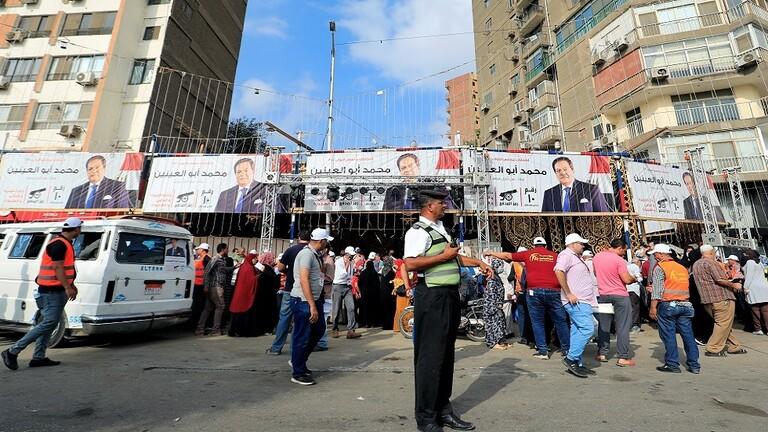On Saturday, the state of emergency was extended according to presidential decision no. 290 of 2021. This is the 18th time in a row it has been extended. The state of emergency was declared for the first time in April 2017 and has been extended with the same vague reason, “the dangerous health and security conditions the country suffers.”
In fact, it is the divine authority Abdel Fattah Al-Sisi gets from issuing it that makes him extend it indefinitely, as Mubarak did.
The state of emergency is ruled by law no. 162 of 1958, which was issued during the Nasserite era and used to legalise the crackdown against the opposition. The law provides that the state of emergency can be declared when the security or the public order of the republic comes under threat, as in wars, catastrophes, and epidemics. It gives the president wide authorities that include:
Restricting personal freedoms of gathering, transport, residency, and passing through certain places or during certain times. Arresting people suspected of being a danger to public security and order and detaining them. Inspection of people and private houses without the conditions provided by the criminal procedural code. Prevention of public meetings, demonstrations, and celebrations. Censoring messages, newspapers, and publications including drawings and other means of advertising both before and after publication and closing down press.
The law provides that this has to be confined to issues concerning public safety but does not provide guarantees to prevent abuse. Expropriation of any assets according to the law of public mobilisation. Moreover, one of the most astonishing provisions is the establishment of an exceptional court, the State Security Court for Emergency, that has the authority to detain any person endlessly without indictment. The sentences of this court cannot be appealed otherwise before the president, who becomes the military ruler of the country according to the law.
Under the state of emergency, hundreds of people, including politicians, lawyers, researchers, and journalists, have been arrested and tried before the state security court. This is what happened with the detainees of “the hope alliance,” who were detained due to their attempt to run for the 2020 parliamentary elections, and researcher Ahmed Samir, the postgraduate student at CEU, who was sentenced by the state security court to four years imprisonment.
The state of emergency was declared for the first time in April 2017, after the twin terrorist attacks on Saint George Church in Tanta, and Saint Mark’s Orthodox Cathedral in Alexandria. Since then, the state of emergency was renewed every three months.
The COVID-19 pandemic was taken by the authorities as a cause to warrant the endless state of emergency even though the state of emergency did not help combat the virus. The authorities mostly use the law to silence criticism of the state’s handling of the pandemic. It is noteworthy that the endless renewal of the state of emergency was one of the causes that led to the 25 January uprising as the state of emergency created a police state that citizens found impossible to live in.





Recent Comments